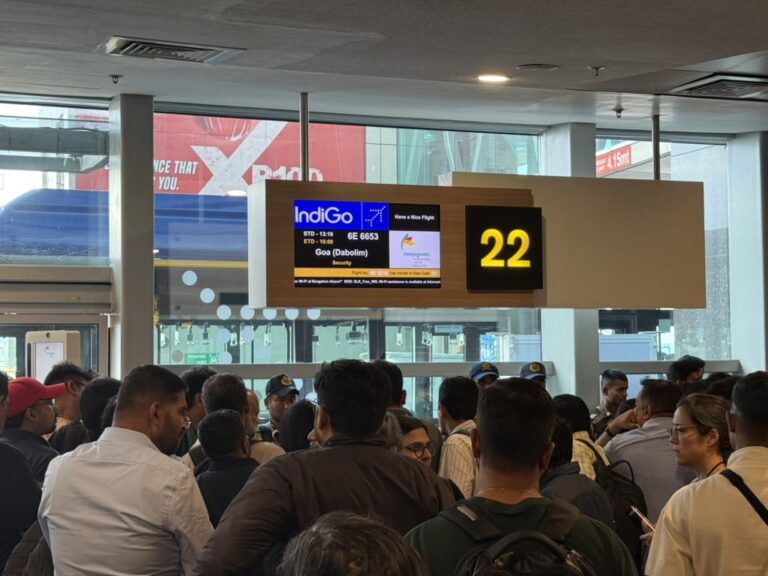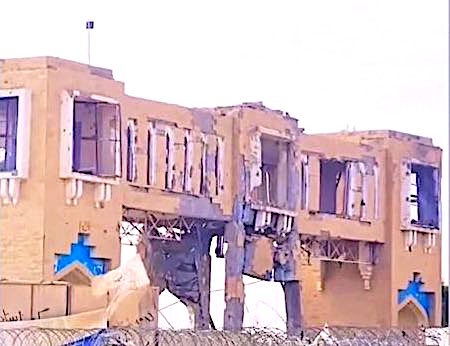
Washington D.C./New York/Tashkent: Amidst worsening situation in Afghanistan with the withdrawal of US troops and Taliban seizing new territories in the country, representatives of the United States, Afghanistan, Pakistan, and Uzbekistan today agreed in principle to establish a new quadrilateral diplomatic platform focused on enhancing regional connectivity.
The parties consider long-term peace and stability in Afghanistan critical to regional connectivity and agree that peace and regional connectivity are mutually reinforcing, a US State Department spokesperson said today.
“Recognizing the historic opportunity to open flourishing interregional trade routes, the parties intend to cooperate to expand trade, build transit links, and strengthen business-to-business ties,” the spokesperson said adding that the parties agreed to meet in the coming months to determine the modalities of this cooperation with mutual consensus.
In New York, United Nations Secretary-General António Guterres while citing Afghanistan, said connectivity can benefit Central, South Asia with broader region at peace. In a video message to the High-level International Conference on Central and South Asia: Regional Connectivity, in Tashkent today, Guterres thanked President Shavkat Mirziyoyev and the Government of Uzbekistan for this initiative.
“Connectivity is central to trade, economic growth and sustainable development. But connectivity is not just about economics. It drives regional cooperation and encourages friendly relations among neighbours, near and far,” he said. According to him enhanced connectivity that is environmentally sustainable and based on the rule of law can contribute to building long-term peace, stability and prosperity in Central and South Asia. “This is crucial now more than ever,” he said.
In Tashkent, Indian External Affairs Minister Dr. S.Jaishankar, while speaking at the plenary session of the “Central and South Asia: Connectivity”, too thanked the Government of Uzbekistan “for this timely and appropriate initiative”. He said robust connectivity within and between Central and South Asia is rooted in history. “India’s focus in the last few years has been to rebuild links that were diminished by the colonial period. We have progressed in the Indian Sub-continent and eastwards to the Indo-Pacific. Our horizons today extend from Vladivostok to the Gulf and East-Africa. However, the challenges towards Central-Asia and Eurasia remain to be addressed,” he said.
Stating that development and prosperity go hand in hand with peace and security, Dr. Jaishankar said for reliable connectivity within and through Afghanistan, the world must have confidence in its governance. “Our connectivity deliberations expect predictability, efficiency and observance of norms of our time as its foundation,” he said. He added, “While expanding connectivity between Central Asia and South Asia, we need to address not just physical infrastructure but all its accompanying facets. Tourism and societal contacts can create a fostering enabling environment. But, at the end of the day, building connectivity is an act of trust and must, at the minimum, conform to international law. Respecting sovereignty and territorial integrity are the most basic principles of international relations.” According to him, connectivity efforts must be based on economic viability and financial responsibility. They should promote economic activity and not create debt burdens. Ecological and environmental standards, as also skill and technology transfers, are musts. Connectivity must be consultative, transparent and participatory.
– global bihari bureau





